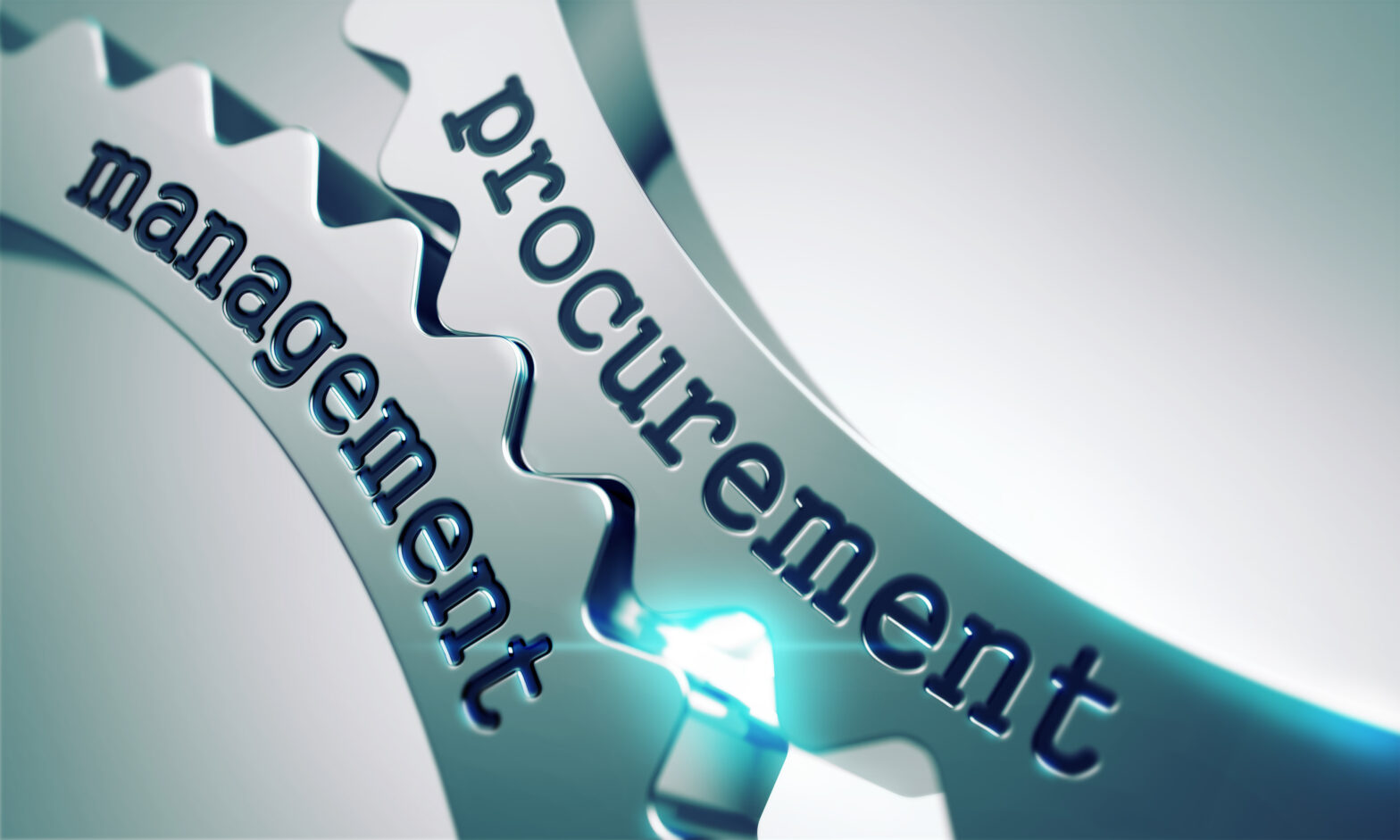Procurement is likely to be the biggest expense for businesses after payroll, yet most SMEs appear to be taking a haphazard approach to sourcing their suppliers.
A study of 1,000 business decision makers revealed that 28 per cent thought they could save between £5,000 and £20,000 if they shopped around for better deals, while 15 per cent thought they could save up to £50,000.
Based on these average estimates, each SME could save £19,663 each year, which when multiplied across the UK’s 5.4 million SMEs adds up to £106 billion.
“If British SMEs could realise even a small percentage of the estimated savings identified in the report, profitability would soar and working capital as well as cash flow would be significantly improved, allowing businesses to be more agile and flexible,” Richard Hurwitz, Tungsten Network‘s CEO, commented.
“Smarter procurement would enable the UK’s SMEs to invest more capital back into their business, so they are prepared for whatever opportunities or risks may come their way,” he added.
Interestingly, those from small businesses believe procurement is more important than sales or marketing, yet when asked how frequently businesses reviewed their list of suppliers, respondents revealed a jumbled approach.
The majority of businesses – 42 per cent – said they review the supplier base annually but only 29 per cent do so two or three times a year. Meanwhile, 19 per cent say they have a review on an ad hoc basis or when they are dissatisfied.
According to Hurwitz, buyers need to develop stronger relationships with their suppliers to encourage honesty and transparency. This can help them avoid paying more than they should, which has a direct impact on the bottom line.
“The savvy buyer knows that many different factors come into play when choosing a supplier. Price has a strong influence, but quality, whole life cost, security, ethics, values and reputation of a business also hold sway,” Hurwitz explained.
Besides, with the amount of data now available at businesses’ fingertips and valuable tools like spend analytics, buyers are able analyse where and how they are paying their invoices, often uncovering significant opportunities to streamline their invoicing system.”






